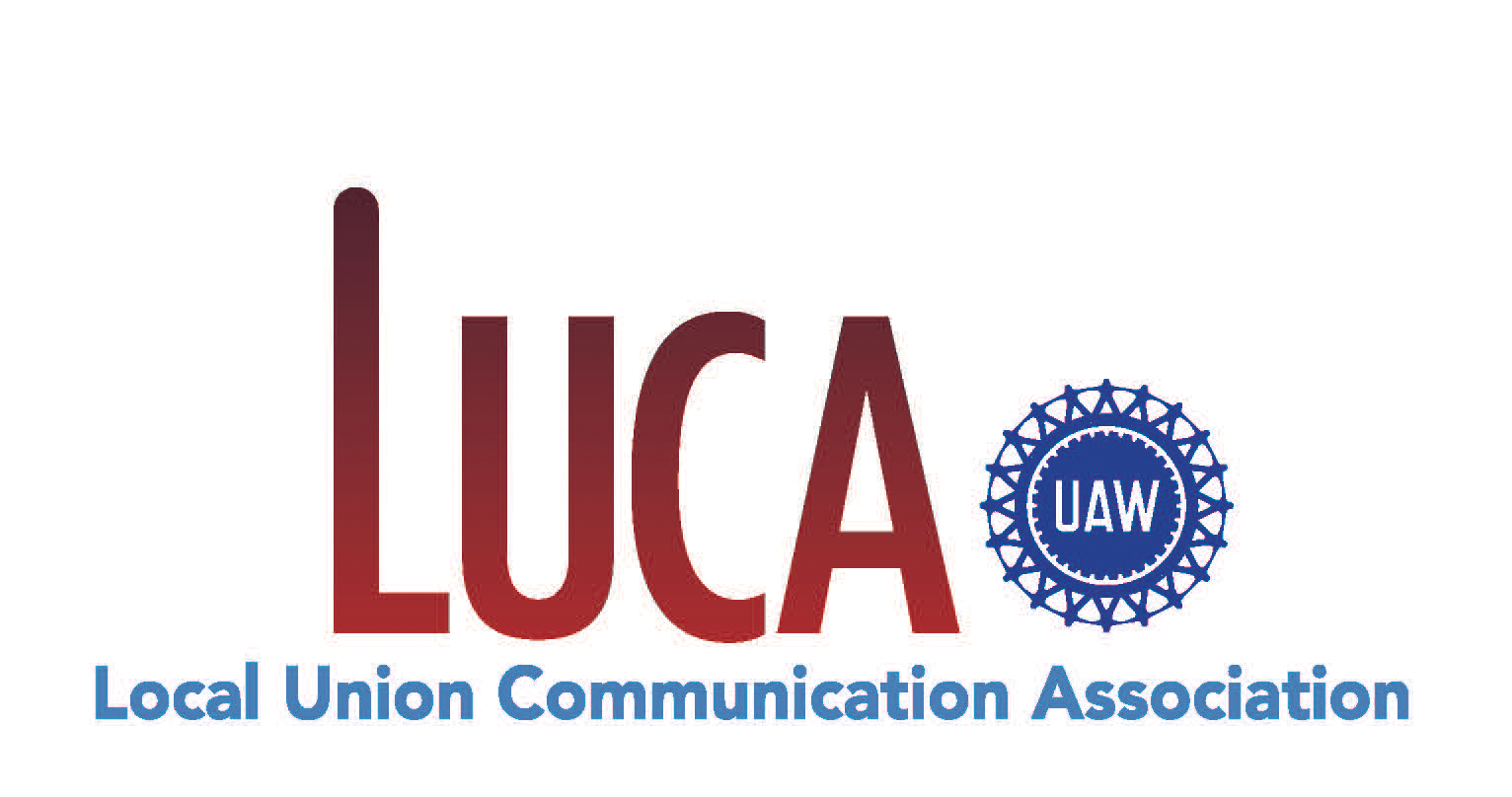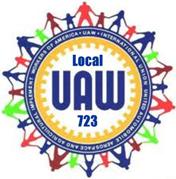Past Local 723 Presidents
Clifford Simmons
1950-1952
Raymond Tucker 1952-1953
William Nutt 1953-1954
Raymond Tucker 1954-1955
Silas
Mosingo 1955-1957
Thomas
Elms 1957-1961
Larry
Wyatt 1961-1963
Raymond Miller 1963-1965
Ronald
Halstead 1965-1967
Raymond Miller 1967-1976
Frank
Nadeau 1976-1979
Edward
Boudrie 1979-1982
Dan
Brooks 1982-1986
Ken
Boylan 1986-1987
Edward
Boudrie 1987-1988
Kenny
Hall 1988
Wayne
Brooks 1988-1999
David
Drouillard 1999-2002
Robert Cebina 2002-2014
Jeff Morris 2014-Present
UAW PRESIDENTS
Francis J. Dillon: August 26, 1935 – April 29, 1936
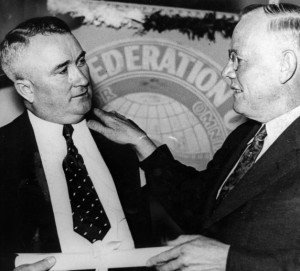
Francis J. Dillon, pictured left
Francis J. Dillon was appointed by American Federation of Labor (AFL) President William Green as the president of the International Union, United Automobile Workers of America (now known as International Union, UAW or UAW) at the union’s founding convention.
Homer Martin: April 29, 1936 – March 27, 1939
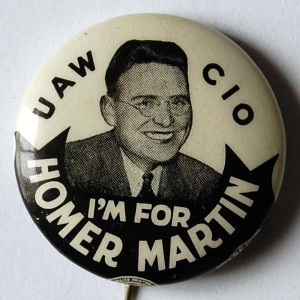
In 1936, a second UAW convention was held in Indiana, where the UAW insisted on the freedom to elect their own leaders. Homer Martin was elected the UAW’s new president.
R.J. Thomas: March 27, 1939 – March 29, 1946
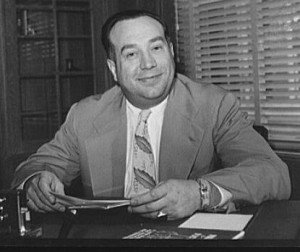 During
factional struggles within the union, R.J. Thomas was appointed in
early 1939 by members of the UAW International Executive Board to
assume the responsibilities of UAW president. In the capacity of
acting president and at the direction of the International Executive
Board, he called and chaired the UAW convention which convened from
March 27, 1939 through April 6, 1939, in Cleveland, Ohio. On April
4, 1939, the convention elected and installed Thomas as president
and George F. Addes as secretary-treasurer of the UAW.
During
factional struggles within the union, R.J. Thomas was appointed in
early 1939 by members of the UAW International Executive Board to
assume the responsibilities of UAW president. In the capacity of
acting president and at the direction of the International Executive
Board, he called and chaired the UAW convention which convened from
March 27, 1939 through April 6, 1939, in Cleveland, Ohio. On April
4, 1939, the convention elected and installed Thomas as president
and George F. Addes as secretary-treasurer of the UAW.
Walter P. Reuther: March 29, 1946 – May 9, 1970
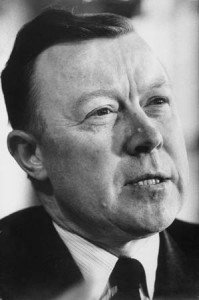 Walter
Reuther was president of the United Automobile Workers (UAW) from
1946 until his death in 1970. Under his leadership, the UAW grew to
more than 1.5 million members, becoming one of the largest unions in
the United States. Reuther was widely admired as the model of a
reform-minded, liberal, responsible trade unionist – the leading
labor intellectual of his age, a champion of industrial democracy
and civil rights who used the collective bargaining process and
labor’s political influence to advance the cause of social justice
for all Americans.
Walter
Reuther was president of the United Automobile Workers (UAW) from
1946 until his death in 1970. Under his leadership, the UAW grew to
more than 1.5 million members, becoming one of the largest unions in
the United States. Reuther was widely admired as the model of a
reform-minded, liberal, responsible trade unionist – the leading
labor intellectual of his age, a champion of industrial democracy
and civil rights who used the collective bargaining process and
labor’s political influence to advance the cause of social justice
for all Americans.
Leonard Woodcock: May 22, 1970 – May 19, 1977
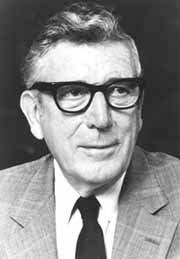
Leonard Woodcock became president of the UAW in June 1970 following the tragic death of Walter Reuther, and immediately faced the challenge of leading the UAW in national negotiations with the Big Three automakers. President Woodcock led the UAW through a 67-day strike against General Motors that achieved what many industry experts had said couldn’t be done: The 1970 contract restored full cost-of-living protection for UAW members and established the “30-and-out” retirement program.
Douglas A. Fraser: May 19, 1977 – May 19, 1983
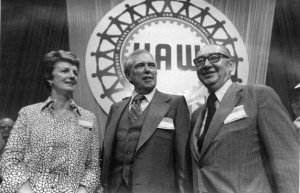
Pictured at center
During the 1960s and 1970s, Doug Fraser led the union’s negotiations with Chrysler, winning the historic early retirement program in 1964, U.S.-Canada wage parity in 1967, and the first international agreement for U. S. and Canadian autoworkers in 1970. After a successful nine-day strike against Chrysler in 1973, Fraser and then-President Leonard Woodcock negotiated a contract which included restrictions on compulsory overtime, a comprehensive health and safety program, an improved “30-and-out” early retirement plan, dental care and accelerated arbitration. In the 1979 negotiations, as president of the UAW, Fraser and his team achieved other breakthroughs: incremental increases in pension benefits for current and future retirees, a substantial increase in reduced work time, improvements in the cost-of-living allowance formula, and Chrysler agreement to union representation on its board of directors. In 1980, UAW President Douglas Fraser became the first American union official to sit on the board of a company his union bargains with.
Owen Bieber: May 19, 1983 – June 15, 1995
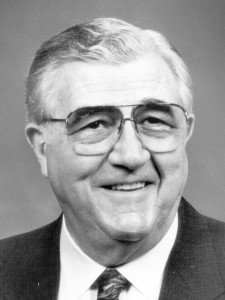
During his 12 years leading the world’s most powerful union that was 1.1 million members strong, he had a hand in supporting struggles for human rights from Africa to Eastern Europe, and advising President Bill Clinton on labor and economic issues.
His work as a union leader went beyond rallies and negotiations. The UAW supported labor and civil rights movements with leaders across the globe, where the stakes were about more than higher wages.
Stephen P. Yokich: June 15, 1995 – June 5, 2002
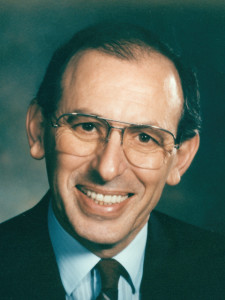
Stephen Yokich was elected president of the UAW in 1994.
He led the union on a 54-day strike against General Motors in 1998 that the news media characterized as “bitter.” It was one of five UAW strikes against the automaker that year.
He was re-elected in 1998 and retired in 2002. .During his tenure in office, he placed a greater emphasis on negotiating good contracts than on getting the union involved in national politics. He also insisted on a provision in all UAW automotive industry contracts which made federal elections a holiday for UAW members so they could vote.
Ron Gettelfinger: June 5, 2002 – June 16, 2010
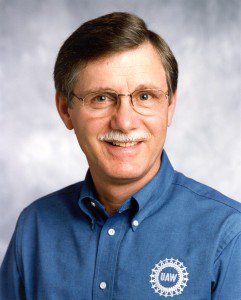
Gettelfinger was elected to his first term as president of the UAW at the 33rd convention in 2002. He was elected to a second term on June 14, 2006, at the UAW’s 34th convention in Las Vegas. On March 19, 2009, Gettelfinger announced he intended to retire at the end of his term and would not run for re-election in 2010.
His presidency saw the UAW face major hurdles during the automotive crisis of 2009.
Bob King: June 16, 2010 – June 5, 2014
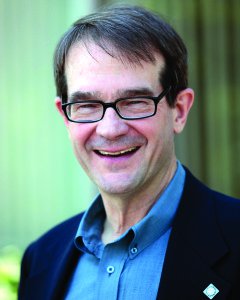
Bob King was elected UAW president on June 16, 2010, by delegates at the UAW’s 35th Constitutional Convention in Detroit. King, who is known for his activism and passionate beliefs in social and economic justice, served three terms as a UAW vice president before being elected UAW president. During his term as president, the UAW focused heavily on issues of social and economic justice at home and abroad, building international solidarity and expanding its efforts in organizing in the south.
Dennis Williams: June 5, 2014 – Present
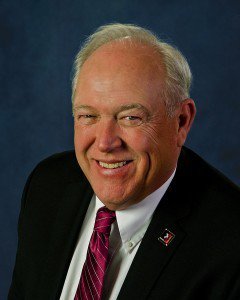
UAW President Dennis Williams
Dennis Williams was elected UAW president in June 2014 at the union’s 36th constitutional convention. Williams previously served as the union’s secretary-treasurer, elected at the UAW’s 35th Constitutional Convention in June 2010.
As secretary-treasurer, Williams was part of developing a long-term strategy for the union, supporting the membership and organizing the foreign-owned automakers in the United States. Williams was instrumental in bringing major investments into UAW facilities.
Williams, since becoming president, has presided over new growth in the union, historic contracts in many sectors, and progress in organizing in multiple fields, including southern organizing, gaming and higher education.
